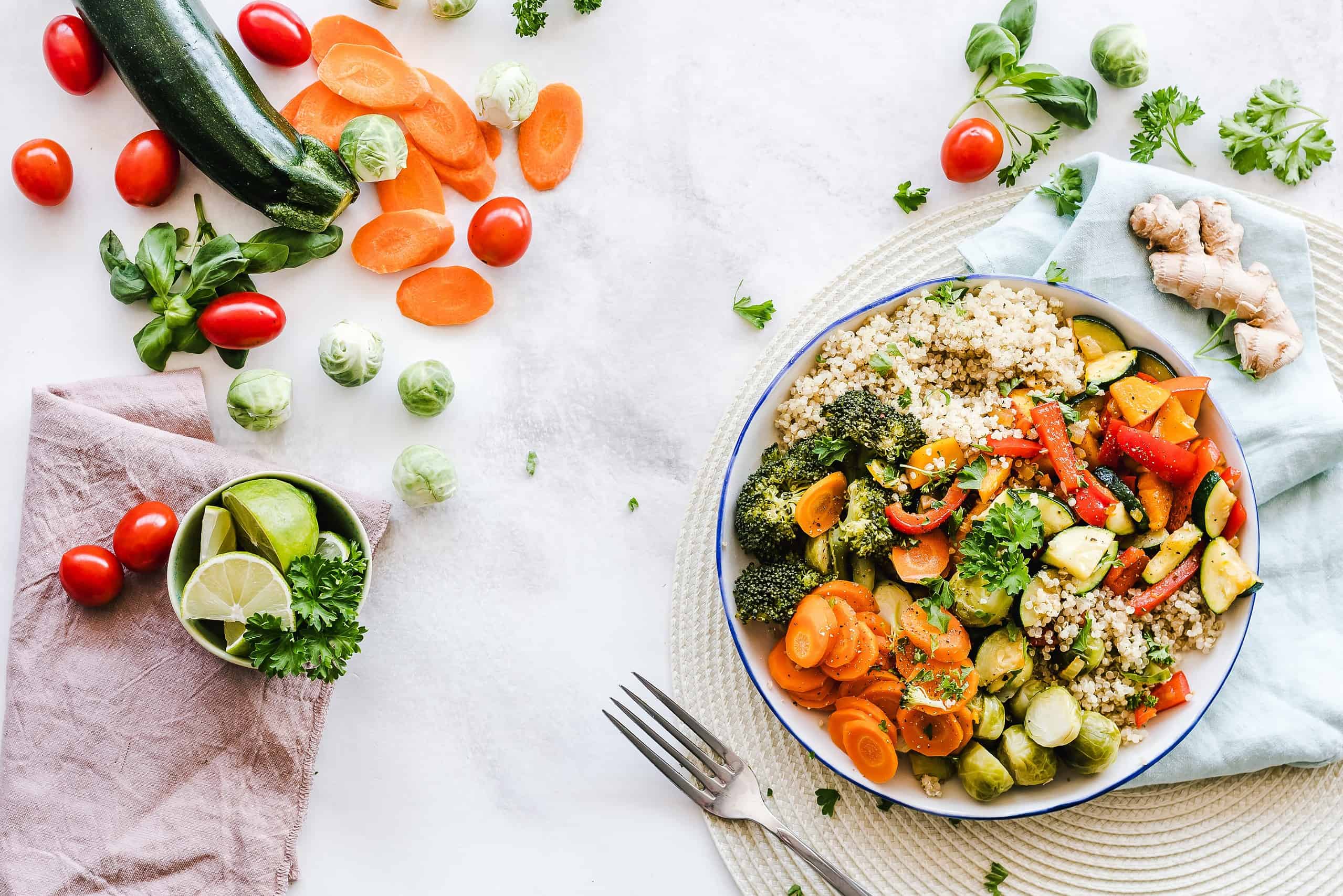
Starting a fitness journey is exciting, and understanding how nutrition plays a role is key to achieving your goals. Whether you’re aiming to lose weight, build muscle, or simply feel more energized, the right nutrition can make all the difference. This article will cover the basics of nutrition for beginners, focusing on how to fuel your body for optimal performance and recovery.
1. Why Nutrition Matters for Fitness
Nutrition isn’t just about looking good—it’s about feeling good, performing well, and recovering properly. What you eat affects your energy levels, workout performance, and how quickly your body recovers. Think of your body as a machine: to run at its best, it needs the right fuel.
When it comes to fitness, your body requires three main types of nutrients:
- Macronutrients: Carbohydrates, protein, and fats.
- Micronutrients: Vitamins and minerals (often overlooked but crucial for overall health).
- Water: Keeps you hydrated, aids digestion, and helps regulate body temperature.
2. Understanding Macronutrients
Macronutrients are nutrients your body needs in large amounts to provide energy. These include carbohydrates, protein, and fats. Let’s break each one down:
Carbohydrates: Your Body’s Primary Fuel Source
Carbohydrates are your body’s preferred source of energy, especially during exercise. When you eat carbs, your body converts them into glucose (sugar), which is then used for energy.
- What to Eat: Whole grains (brown rice, quinoa), fruits, vegetables, legumes, and starchy foods (sweet potatoes).
- Why They Matter: Carbs provide the fuel needed for high-intensity workouts and help replenish your energy stores post-workout.
Protein: Building and Repairing Muscles
Protein is essential for repairing and building muscle tissue, especially after exercise. If you’re aiming to build muscle, you need enough protein to support muscle recovery.
- What to Eat: Lean meats (chicken, turkey), fish, eggs, dairy, tofu, beans, and legumes.
- Why It Matters: Protein helps repair microtears in your muscles caused by strength training, which is necessary for muscle growth.
Fats: Supporting Hormones and Long-Term Energy
Fats are an essential part of a balanced diet and help your body absorb vitamins, produce hormones, and provide long-lasting energy.
- What to Eat: Healthy fats from sources like avocados, nuts, seeds, olive oil, and fatty fish (salmon).
- Why It Matters: Healthy fats are essential for overall health and help provide sustained energy during longer workouts or endurance activities.
3. Micronutrients: The Tiny But Mighty Nutrients
While macronutrients get the most attention, micronutrients—vitamins and minerals—are just as important for maintaining energy levels, supporting immune health, and aiding recovery.
- Vitamins: Help convert food into energy, repair cells, and support the immune system.
- Sources: Fruits, vegetables, whole grains.
- Minerals: Key for muscle function, bone health, and hydration.
- Sources: Leafy greens, nuts, seeds, dairy, and meat.
4. Hydration: The Most Overlooked Aspect of Nutrition
Staying hydrated is crucial, especially if you’re active. Water helps transport nutrients, regulate body temperature, and lubricate joints. Dehydration can lead to fatigue, cramps, and poor workout performance.
- How Much Water Do You Need? A good rule of thumb is to drink at least 8 glasses (64 ounces) of water a day, but active individuals may need more.
- Electrolytes: For intense or long-duration exercise, consider replenishing electrolytes (sodium, potassium, magnesium) lost through sweat. This can be done with sports drinks or electrolyte-rich foods like bananas and coconut water.
5. Meal Timing: When to Eat for Maximum Performance
What you eat and when you eat it can influence your performance. Here’s a simple breakdown:
- Pre-Workout Nutrition: Eat a balanced meal 1-2 hours before your workout. A mix of carbs and protein will provide energy and support muscle function. Example: A banana with peanut butter or a whole-grain toast with avocado and eggs.
- Post-Workout Nutrition: Within 30-60 minutes after a workout, eat a meal or snack with protein to aid muscle repair and carbs to replenish glycogen stores. Example: A protein shake with a piece of fruit or a chicken salad with quinoa.
- Hydration During Exercise: Drink water during your workout, especially if it’s intense or longer than 30 minutes.
6. Portion Control: Understanding How Much to Eat
Even when you’re eating healthy foods, portion sizes matter. Eating too much—even of the right foods—can still prevent you from reaching your fitness goals.
- Balanced Plate: Try to fill half your plate with vegetables or fruits, one-quarter with lean protein, and one-quarter with whole grains or starchy vegetables.
- Mindful Eating: Listen to your body and avoid overeating. Start with smaller portions and assess your hunger level.
7. Simple, Healthy Meal Ideas for Beginners
You don’t need fancy recipes or ingredients to eat well. Here are a few simple and nutritious meals to get you started:
- Breakfast: Oats with almond butter and a banana, or scrambled eggs with spinach and whole-grain toast.
- Lunch: Grilled chicken with a mixed green salad and quinoa or chickpea stew with veggies.
- Dinner: Baked salmon with roasted sweet potatoes and steamed broccoli or a tofu stir-fry with brown rice and veggies.
- Snacks: Greek yogurt with berries, almonds, or hummus with carrot sticks.
8. The Importance of Consistency and Patience
Nutrition isn’t about quick fixes or drastic changes. It’s about finding a balance that works for you and your body. Stay consistent with healthy eating habits, and over time, you’ll see the benefits in your fitness progress, energy levels, and overall well-being.
Final Tips for Beginners:
- Start Small: Don’t try to overhaul your entire diet overnight. Start by making small, manageable changes like adding more veggies or drinking more water.
- Listen to Your Body: Learn to recognize hunger and fullness cues. Pay attention to how certain foods make you feel before, during, and after workouts.
- Be Patient: Nutrition is a long-term commitment. Results won’t happen overnight, but with consistency, they will come.
Conclusion:
Nutrition plays a huge role in how you perform in the gym and how you recover. By understanding the basics of macronutrients, micronutrients, hydration, and meal timing, you can fuel your body effectively and work toward your fitness goals. Take it step-by-step, make small improvements, and enjoy the journey to a healthier, fitter you!


